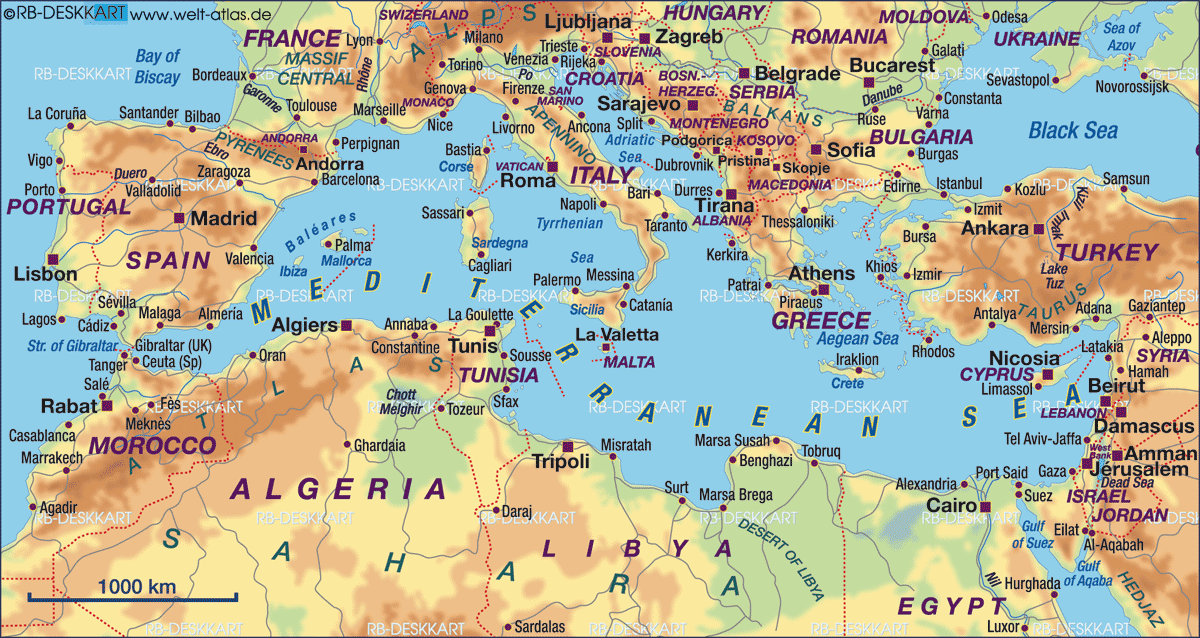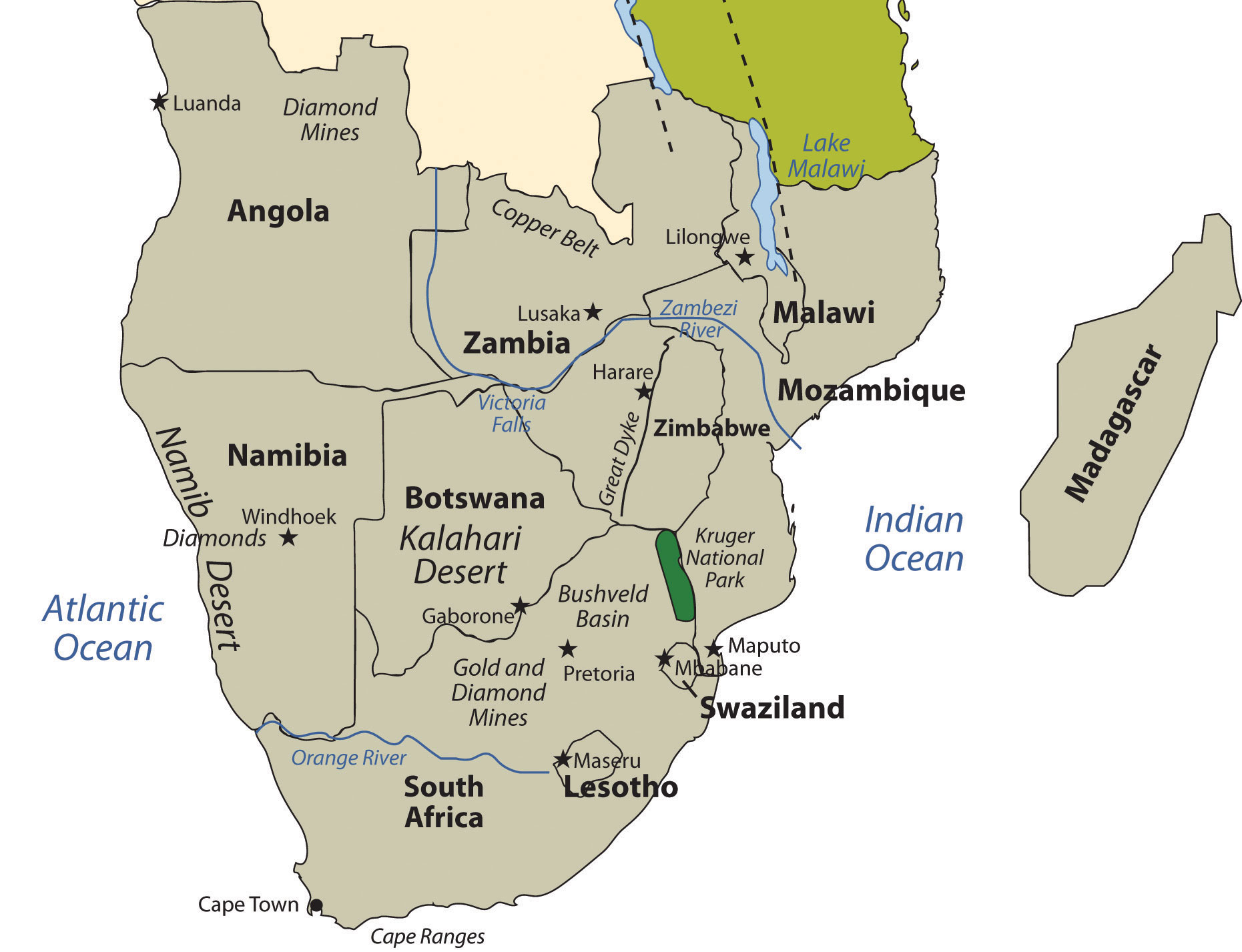Back To The Patterns of State Formation in Africa
To The African Immigration to Colonial America
The Latin word (Colonia) signifies simply a plantation. The Greek word (apoikia), on the contrary, signifies a separation of dwelling, a departure from home, a going out of the house. But, though the Roman colonies were in many respects different from the Greek ones, the interest which prompted to establish them was equally plain and distinct. Both institutions derived their origin either from irresistible necessity, or from clear and evident utility.
The establishment of the European colonies in America and the West Indies arose from no necessity: and though the utility which has resulted from them has been very great, it is not altogether so clear and evident.
— From “Of the Motives for establishing new Colonies” by Adam Smith
Between the 1870s and 1900, Africa faced European imperialist aggression, diplomatic pressures, military invasions, and eventual conquest and colonization. By the early twentieth century, however, much of Africa, except Ethiopia and Liberia, had been colonized by European powers. From Colonisation of Africa
Berlin Conference 1885
at which the major European powers negotiated and formalized claims to territory in Africa; also called the Berlin West Africa Conference.
 Due to the
Due to the
 Mediterranean sea’s large size and central location, it borders 21 different nations on three continents: Europe, northern Africa and southwestern Asia.
Mediterranean sea’s large size and central location, it borders 21 different nations on three continents: Europe, northern Africa and southwestern Asia.
| Africa | 1) Morocco 2)Algeria, 3) Tunisia 4)Libya 5) Egypt |
| Asia | 6) Cyprus 7) Israel 8) Lebanon 9) Syria |
| Europe | 10) Albania 11) Bosnia and Herzegovina 12) Croatia 13) France 14) Greece 15) Italy 16) Malta 17) Monaco 18) Montenegro 19) Slovenia 20) Spain 21) Turkey |

Colonization of Africa in the 19th Century




Colonial Possessions
Africa During World War II

- Operation Torch was the Anglo-American invasion of French North Africa during the Allies’ North African Campaign (June 10, 1940 to May 13, 1943) against Vichy France, the puppet government of Germany (1942–44). Torch was sandwiched between campaigns in the Libyan and Egyptian deserts (Western Desert Campaign, also known as the Desert War) and in Tunisia (Tunisia Campaign).By May 1943 the Allied force had cleared North Africa of German and Italian troops; and in July the Allies, from their bases in North Africa, invaded Sicily, and later Italy.
- In 1935 the Italians invaded Ethiopia from Eritrea and Somaliland, and quickly overran the country. Ethiopia was then joined with the other two colonies to form Italian East Africa. Mussolini was obsessed with the idea of winning an important place in the
world for Italy, and with the determination to wipe out the memory of the humiliating defeat by the Ethiopians in 1896.
Africa After World War II: Gaining Independence
——————————
After the Second World War nationalist movements in Africa quickly gained
momentum. This was largely due to the war itself, and its effects. Many thousands of
Africans had fought In the Allied armies, expanding their outlook and their
knowledge of international affairs; and the war had been to some extent an anti-racist war – against the racist governments of the Axis powers. And many more
Africans had by now received the beginnings of a modern education and begun to
take an interest in political matters.
Moreover the status of the two great colonial powers in Africa – France and Britain – had changed, and also their attitude to colonialism. France had been defeated, and
after the war soon had serious troubles in her south-east Asian colonial empire,
which she abandoned altogether in 1954. Britain had withdrawn from her Empire in
India In 1917, and British opinion was becoming favourable to political concessions
towards self-government in her colonies and protectorates.
The first moves came in the north. After their withdrawal from south-east Asia the
French were faced with nationalist unrest in Morocco and Tunisia which they were
unable to subdue, and both were granted independence in 1956 – the year in which
the British left the (Egyptian) Sudan to be an independent nation.
The greatest blow to France, though, was a Moslem revolt in Algeria, regarded as
part of France, and where there were over a million European settlers. For four
years, 1954-58, huge numbers of French troops were sent to Algeria to crush the
rebellion, but failed to do go. In 1958 the French government decided to negotiate,
whereupon the settlers and French military leaders in Algeria seized power. To
restore the situation de Gaulle came back, on a wave of public enthusiasm, to govern
France. But the war went on; and in 1962, with the approval of a referendum in
France, the independence of Algeria was accepted. Nearly a million settlers moved to
France.
Meanwhile France had launched, in 1958, a “Community of African nations” to
include all the remaining French territories in Africa. (De Gaulle had probably hoped
that Algeria would fit into this.) In the Community each state was to be selfgoverning,
but closely linked to France in foreign, strategic, financial and economic affairs. The following became members : Senegal, Gabon, Chad, Congo, Central African Republic, Mauritania, Mali, Niger, Upper Volta, Ivory Coast, Benin (Dahomey), and Malagasy (Madagascar)*. Guinea did not join, and became independent.
Two years later all members of the Community became fully independent –
whereupon six of them withdrew from the Community (Mauritania, Mali, Niger, Upper
Volta, Ivory Coast, and Benin).
Madagascar, which had been taken by the British from Vichy control during the World war, to prevent it from falling to the Japanese, was returned by Britain to France.
In all these ex-French African states, except those in North Africa, French is still an
official language – and it is also much spoken in ex-French North Africa.

- The first African state to gain independence from British was the British colony, the Gold Coast, which became independent Ghana in 1957 under the leadership of Nkrumah (and the British part of the Togo mandate was added to Ghana). The other British possessions in West Africa – Nigeria, Sierra Leone, and The Gambia – followed between 1960 and 1965. (Gambia took the name “The Gambia” after independence.)

- Libya, no longer an Italian colony, remained under a British/ French administration
for several years, and then – in 1951 – it became, by a decision of the United Nations, an independent kingdom under Idris I, the leader of the Senussi. (See map) - Progress towards self-government and eventual complete independence was probably smoother in these West African states where there were few white settlers
than it was in some of the climatically more salubrious territories in East Africa, where there were significant numbers of Europeans and Asians who were
apprehensive of their future under African rule. For instance, in Kenya there were some 40-50,000 whites, about the same number of Arabs, and nearly 200,000
Indians or Pakistanis who had originally been imported for work on railway building. - Nevertheless, between 1960 and 1964 independence was granted to all the British
possessions in East Africa : British Somaliland (which was united with ex-Italian
Somaliland to form the new state of Somalia), Tanzania**, Uganda, Kenya, Malawi,
and Zambia. In Kenya Britain had been confronted during most of the 1950s by a
terrorist Organisation, the Mau Mau, a Kikuyu secret society expressing resentment
against the European settlers and against the restrictions on allotment of land to
Africans. - In South Africa the British protectorate of Bechuanaland became independent
Botswana in 1966. In 1960 the Union of South Africa became a republic, and in 1961 withdrew from the British Commonwealth. The former British colonies and protectorates Ghana, Nigeria, Sierra Leone, The Gambia, Tanzania, Uganda, Kenya, Malawi, Zambia, Botswana, Lesotho and Swaziland all remained in the Commonwealth. - The white Rhodesians in 1965 declared Rhodesia to be an independent
Dominion, within the Commonwealth. Negotiations and discussions – and internal
troubles – continued for 15 years, until in 1980 Rhodesia became the independent
African nation Zimbabwe – staying in the British Commonwealth. - So, between 1951 (Libya) and 1980 (Zimbabwe) colonial Africa ceased to exist.
Instead there were (apart from Egypt, Ethiopia*** and South Africa) 43 independent
countries, of which only one – Liberia – had been independent in 1950; and the
unsolved problem Namibia.
References
- Formation of states – A BBC Audio
- European Contact and Colonization
- Colonialism and the African Experience Chapter 4
- “What emerges from the foregoing discussion of the colonial mission as
reflected in racial attitudes among the British, the French, the Portuguese,
and the Belgians is that the colonizers had nothing but disdain for the
African people and their culture and values. They all went to Africa with
the avowed goal of transforming African people into imitation Europeans
as they helped themselves to the resources in Africa. The French offered the
promise of full membership in the French community if the African assented
to complete acculturation. The British sought to “uplift” the African but
without the promise of social equality with the British. The Portuguese
went a step further in condoning or perhaps encouraging one-way miscegenation in the belief that to “change” an African required infusion of
Portuguese ancestry, and thus an African with some Portuguese blood was
inherently superior to one without, but obviously still not the social equal
of a full-blooded Portuguese person. As for the Belgians, “despite fulfilling
the conditions which had promised integration, the évolués were still denied
access to the social and economic world of the Europeans. In the eyes of the
Belgians, they were still Africans—black and inferior.” - “One can identify four administrative styles or approaches that were used by the colonial powers in Africa: indirect rule, long associated with the British; direct rule associated with France, Germany, and Portugal; company rule, closely linked to the Belgians; and finally, a hybrid approach which I’ll call, indirect company rule, linked to Cecil John Rhodes’ imperial efforts in southern Africa.”
- “What emerges from the foregoing discussion of the colonial mission as
- Indentured labour from South Asia (1834-1917) Nice web site on migrations during British imperialism.
- The Colonization of Africa By Iweriebor
serno:chak-16-02-007